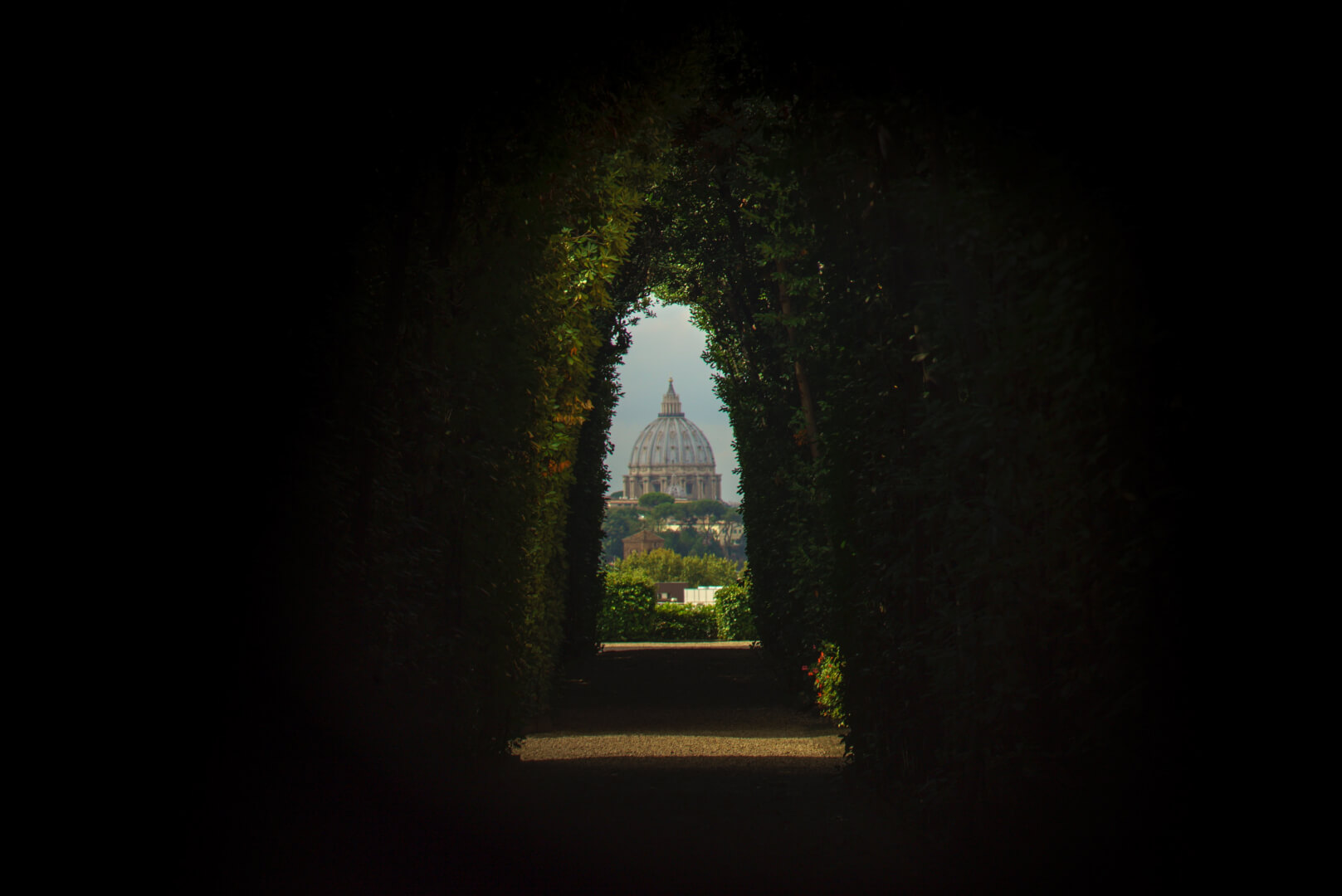Pope Francis recently announced that next March the Vatican will open the Vatican Secret Archives to scholars, especially those things relating to Pope Pius XII, who was pope during World War II.
Pius XII is the subject of several conspiracy theories, as some question what role he played in resisting Hitler during the Holocaust. But perhaps more so than Pius XII, the Vatican Secret Archives themselves have their own conspiracy theories surrounding them.
What are the Vatican Secret Archives? Why the secrets? And why is the Church particular about what the public is allowed to access? Fr. Matthew Spencer, OSJ addressed these questions recently on St. Joseph’s Workshop and explained why the opening of the Vatican archives is an exciting event, though not for the reason conspiracy theorists think.
“I think it’s really important to back up and say, what do we mean?” Fr. Matthew said. “What does the Church mean? What does the Vatican mean when they describe the secret Vatican archives?”
“They were started by Paul V, I believe, and the word ‘secret’ in Latin, secretum, does not mean what it sounds like to you and me in English,” he explained. “It does not mean the literal word secret, as if it’s confidential, as if it’s mysterious and unknown to us. What it means is personal, the personal archives of the Vatican. Which means they’re not open to the public. You might also say the private Vatican archives.”
If you’re still skeptical about ‘secret’ meaning personal rather than confidential, it may be handy for Americans to think of the United States Secret Service. It is called the secret service not because it is a mysterious agency, but because it is the personal protection of the nation’s leaders. Similarly, the Vatican Secret Archives are called so because they are contain personal documents and information about bishops, cardinals, and popes from throughout the archive’s history.
The Church must balance the need for privacy and care in the personal documents of popes who have died against the greater good that could come from scholars – such as historians and theologians – having access to information about historic religious figures.
“Know, without question, there are very fascinating pieces of history inside the archives of the Vatican,” Fr. Matthew assured listeners. “I’m very much in favor of this, of historians, theologians, experts, archivists having access to the Vatican archives in order to do work. But I am also grateful that the Church is prudent and careful in this matter. … Let’s pray for Pius XII. Let’s pray for this process. Let’s pray for the Church, that she might continue to be open and transparent as much as possible.”
Listen to the full discussion below:
St. Joseph’s Workshop with Father Matthew Spencer airs weekdays at 7:00 p.m. Eastern/4:00 p.m. Pacific on Relevant Radio® and the Relevant Radio App.


